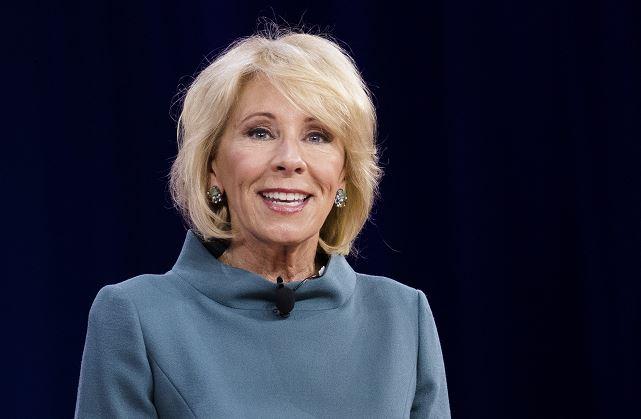A federal judge denied an attempt by a coalition of states to block new Education Department regulations under Title IX that provides guidance on handling allegations of sexual assault and harassment on college campuses and K–12 schools.
Judge Carl John Nichols of the U.S. District Court for the District of Columbia on Aug. 12 denied a request by 18 attorneys general to stop the rule from going into effect on Aug, 14, while the court considers whether to strike down the rule.




